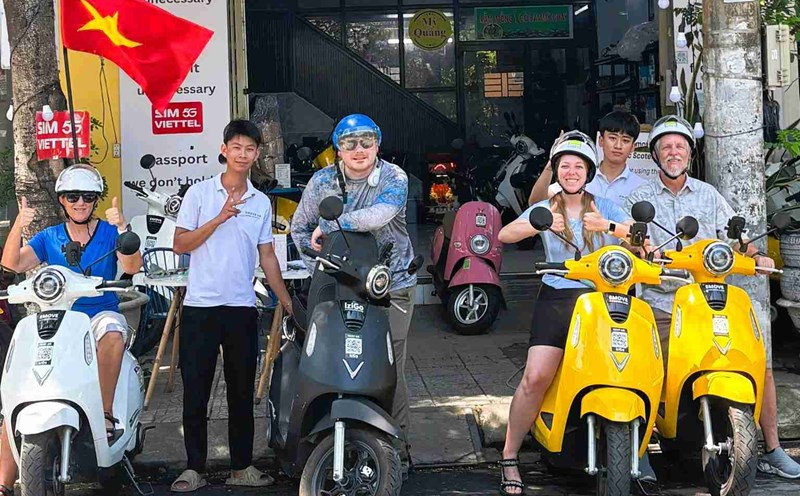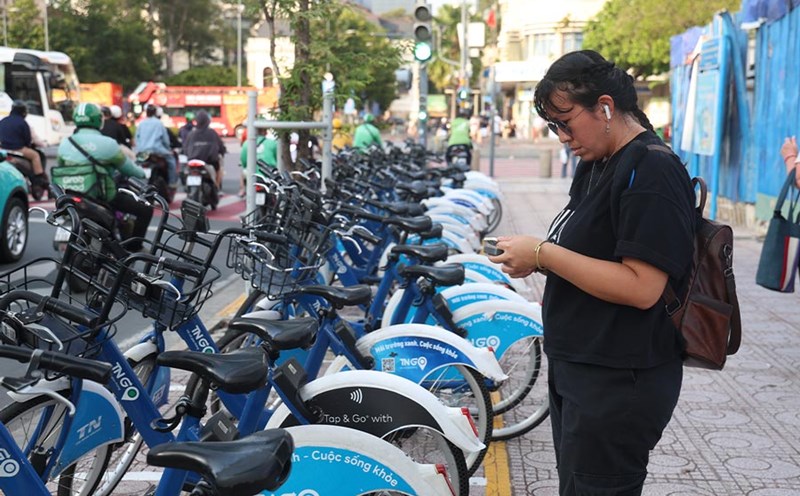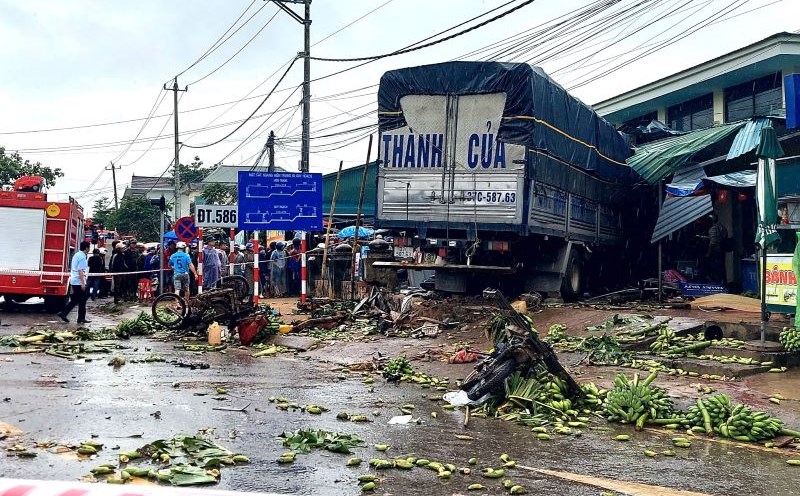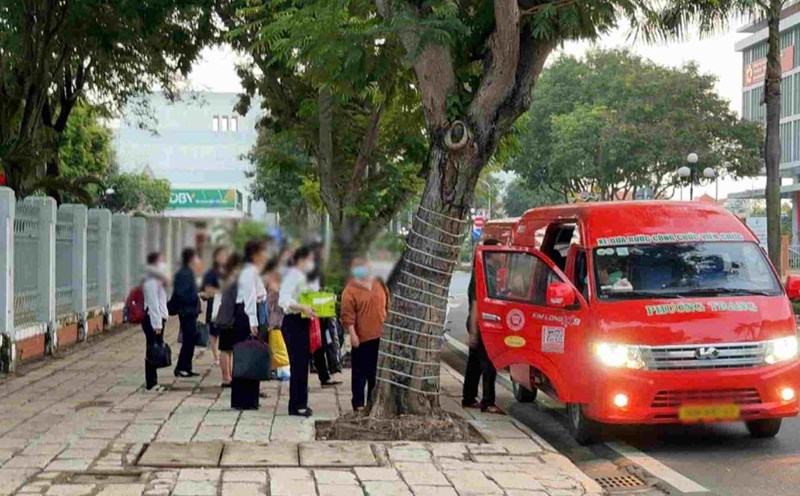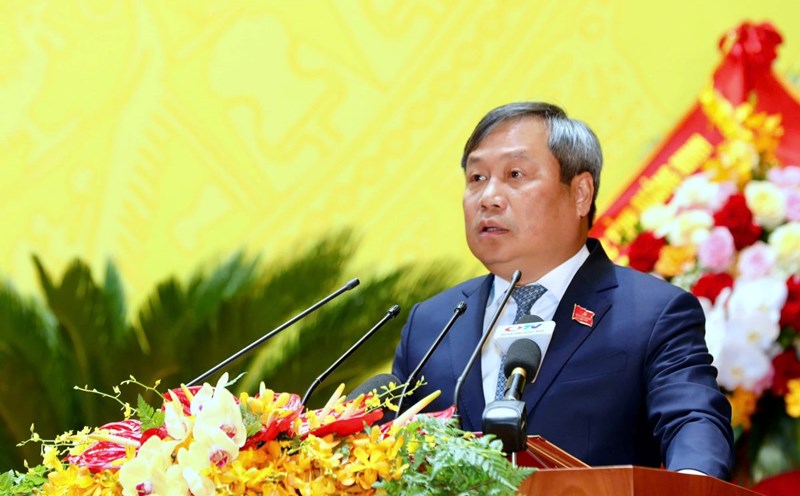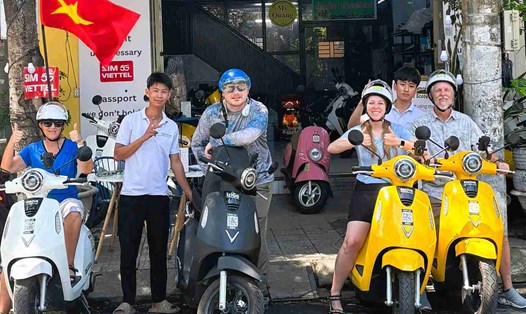Enterprises pave the way for traffic greening
Recently, more than 600 VinFast electric motorbike distributors nationwide have agreed to set a business target of 1.5 million vehicles in 2026, equivalent to 50% of total market sales. This is considered a challenging number, but also opens up great prospects for the green transformation process in the transportation sector of Vietnam.
The basis for this goal comes from a series of preferential policies that VinFast is implementing. Electric motorbike buyers are now given 10% of the car price, 100% exempt from registration fees. Customers can also borrow to install almost the entire value of the vehicle, only need to match 10% if serving personal needs, or 0% of the initial capital if participating in business on the Xanh SM platform. These are solutions that make electric vehicles more accessible to the majority of consumers.
Not only stopping at price policy, VinFast has focused on solving the problem of electric vehicle development infrastructure. The company is deploying a system of 150,000 battery swapping stations nationwide, four times the current gas station system, expected to be completed by the end of 2026. At the same time, the company will offer free battery charging at all V-Green public stations until the end of May 2027. These moves not only bring direct benefits to users, but also create a foundation to promote the shift to green vehicles in society.
In addition, VinFast electric motorbikes are guaranteed 6 years for the vehicle and 8 years for the battery - a much higher commitment level than traditional brands. This after-sales policy creates trust for users, while promoting the trend of switching from gasoline vehicles to electric vehicles.
With a network of 600 points of sale and 400 maintenance workshops, VinFast has become one of the two most widely covered motorbike brands in Vietnam. After the first 9 months of 2025, the company has risen to second place in the market share, showing a strong bounce from changing consumer tastes.
The State accompanies, creates policy impetus
Recently, on September 17, 2025, the Government Office issued Notice No. 490/TB-VPCP on the conclusion of Deputy Prime Minister Tran Hong Ha on handling air and water pollution in Hanoi and Ho Chi Minh City, along with the national action plan for the period 2025 - 2030.
The Government has directed the issuance of national technical regulations for electric vehicle charging stations in public places, parking lots, and rest stops. Along with that is the requirement for the Ministry of Construction to integrate green transport infrastructure into urban planning, synchronously developing a system of clean energy trains and buses. This is the foundation to promote the development of green vehicles, while linking with the sustainable urban development strategy.
In addition, the State also aims to tighten emission inspection, gradually eliminate old vehicles that do not meet standards, and study tax policies and financial support fees to help people easily switch to green vehicles. These are "push-up" solutions, helping to balance costs and create sustainable consumption momentum.
The Government emphasizes the role of media and social consensus. Information on environmental quality will be published regularly and transparently, along with analysis of health impacts, to raise public awareness. People become subjects participating in environmental protection, instead of just beneficiaries of the policy.
Practice shows that businesses cannot alone carry the mission of greening transportation and the State cannot succeed without market response. When both of them work together, the green transition process can go quickly and go far.
From a business perspective, the efforts of pioneering enterprises in recent times have opened a clear path, with an ecosystem from products, infrastructure to sales policies. From the State's perspective, recent decisions have clearly identified the priority of environmental protection, associated with sustainable development.
The remaining problem is how to connect these two resources, along with the participation of the people. When consumers have confidence, when businesses have a foundation for development and when State policies create favorable conditions, the goal of greening traffic is no longer far away.
In the international context, Vietnam is moving towards a green and circular economy. Green transportation, including electric motorbikes, is an important link. With the support of the State and businesses, Vietnam has every basis to turn pollution challenges into development opportunities, contributing to protecting public health and enhancing the national position on the path of sustainable modernization.

